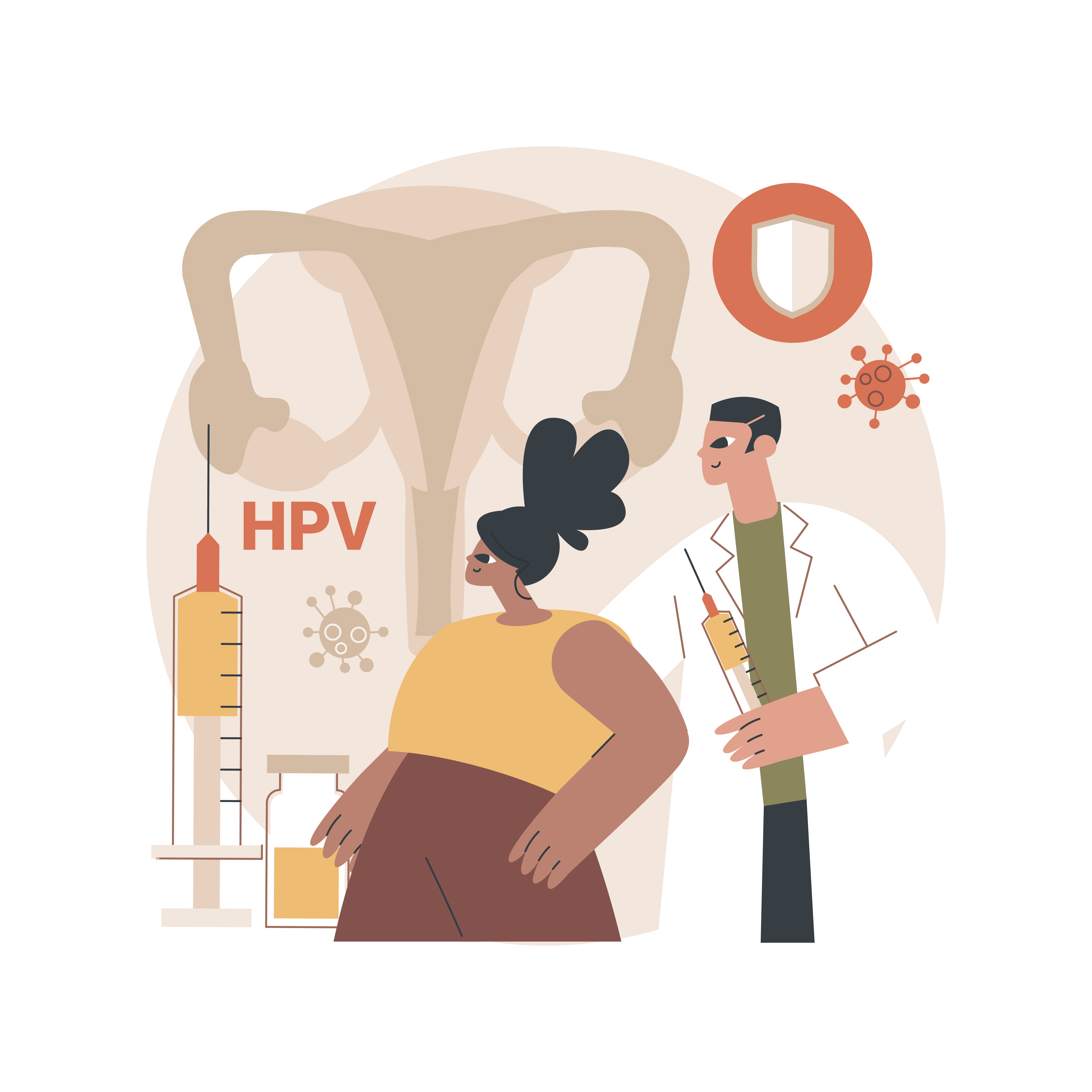
The Role of Hormones in Breaking Stereotypes: Challenging Misconceptions about Brittle Bone Disease
Introduction: Brittle Bone Disease, scientifically known as Osteogenesis Imperfecta (OI), often comes with a host of misconceptions and stereotypes. In this blog, we’ll delve into how hormones play a crucial role in challenging these misconceptions and understanding the imbalances associated with OI.
Challenging Misconceptions: OI is often misunderstood as a condition that solely affects bone strength. However, it’s essential to recognize that hormonal imbalances also contribute significantly to the challenges faced by individuals with OI. By understanding these imbalances, we can challenge stereotypes and promote a more inclusive and accurate understanding of the condition.
Understanding Hormonal Imbalances: Hormones are like messengers in our bodies, regulating various functions, including bone growth and maintenance. In OI, hormonal imbalances can exacerbate bone fragility and impact overall health. By understanding these imbalances, we can address misconceptions and better support individuals living with OI.
Dispelling Myths: One common misconception is that individuals with OI are fragile and unable to live full lives. However, many people with OI lead active and fulfilling lives, challenging stereotypes every day. By highlighting the role of hormones in OI, we can dispel myths and showcase the resilience and strength of those living with the condition.
Promoting Awareness: Promoting awareness and understanding of OI, including its hormonal aspects, is crucial in breaking down barriers and fostering inclusivity. By sharing accurate information and challenging misconceptions, we can create a more supportive and accepting society for individuals with OI and other disabilities.
Conclusion: Hormones play a significant role in challenging stereotypes and misconceptions about Brittle Bone Disease (OI). By understanding the hormonal imbalances associated with OI and promoting awareness, we can create a more inclusive and supportive environment for individuals living with the condition.
To seek medical advice, always consult a Doctor. Here are our recommended experts. Click Here
To read more on Brittle Bone Disease Or Osteogenesis Imperfecta. Click Here


